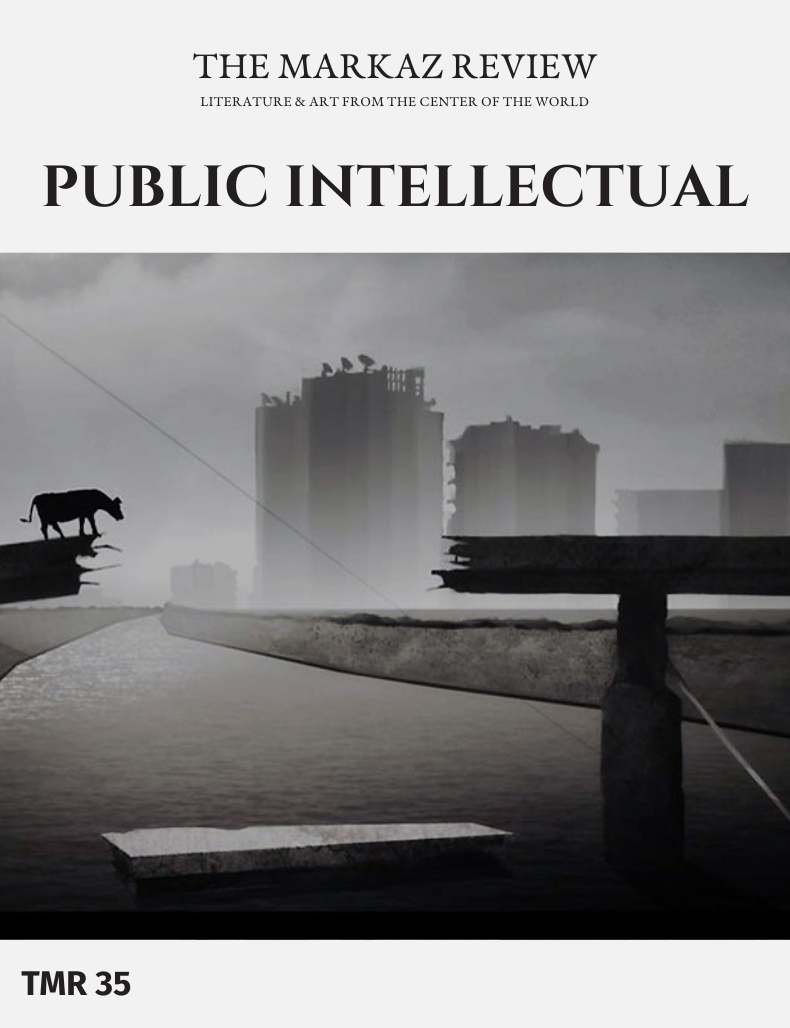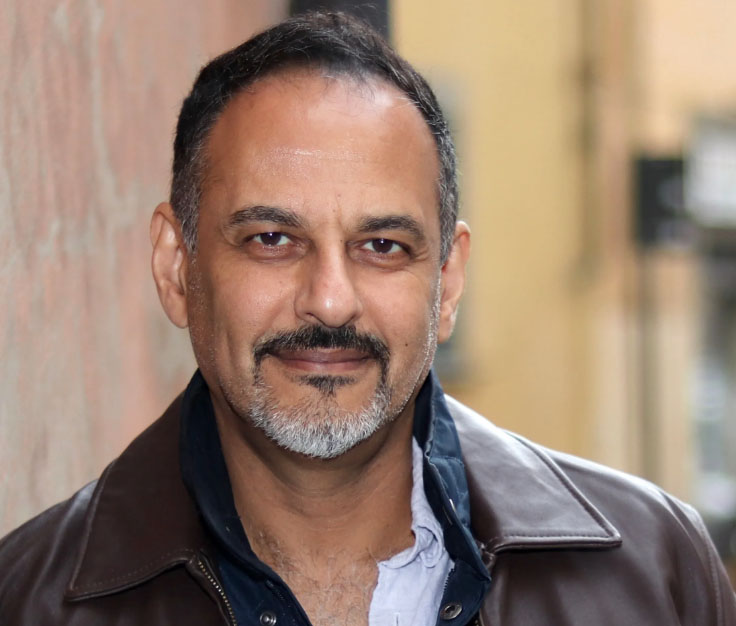It was good while it lasted! But public intellectuals no longer exist, Moustafa Bayoumi argues, for they have been usurped by "influencers" who create revenue for media conglomerates on the misery of others.
As a general observation, one could say that the public intellectual in the Western context was on a mission to wake the public from its slumber. Think Hannah Arendt, who once wrote that the “people in the countries of the Western world…regarded freedom from politics as one of the basic freedoms.” But “with each such retreat,” she explained, “an almost demonstrable loss to the world takes place.” The public intellectual existed to confront the people with all the questions they would rather forget, or at least not answer.
The public intellectual in the non-Western context has traditionally been on a mission to put the oppressive forces, forces that are stepping on its neck with jack boots, to sleep. In so doing, these public intellectuals often speak not for themselves but for the collective, “I’m in prison because the regime wants to make an example of us,” wrote Alaa Abd El-Fattah from Tora prison in Egypt. “So let us be an example but of our own choosing.”
Between wakefulness and sleep, and between life and death, the situations, and the risks, between the Western and non-Western public intellectuals were almost diametrically opposed.
But then the public intellectual simply vanished from view. To understand this disappearance, we must draw distinctions between public intellectuals, mass intellectuals, media intellectuals, and — dare I say it — social media intellectuals. In fact, there exists a more commonly used term for the final category: social media influencers.
The idea of the intellectual has been usurped by the notion of influencer in the most debased form of capitalist accumulation that one can think of.
Nevertheless, these are the categories that matter today, and they deserve more concrete definitions.
Public intellectual: Once upon a time, public intellectuals were looked upon as referees over the conflicts of ideas and, ultimately, purveyors of the values we, as a society, want to uphold. People respected them. People listened to them. Remarkably, this was true in both Eastern and Western contexts. But public intellectuals no longer exist.
Public intellectuals were first replaced by mass intellectuals, who still continue to exist. Mass intellectuals could also be called demagogues, for they don’t engage the public. Instead, they appeal to the masses, and often operate with shadowy regime money or hidden corporate sponsors. They don’t want people to think. They want people to act. They don’t engage in debate. They cry a lot instead, sometimes with guns in their hands. They also tend to be very conservative, enabling today’s New Fascism, which has itself become a brand with international appeal. Mass intellectuals exist in Western and Eastern contexts. And they always think they are far more clever than they really are.
Media intellectuals don’t exist in the flesh. They are pixelated and are soon to be generated by ChatGPT, if they aren’t already. Media intellectuals do not speak for a public. They do not lead a public. They are not connected to a social movement. But they often sound like they lead a public, speak for a public, and command a large social movement. They are connected to satellite channels beaming their broadcasts from abroad or YouTube channels with animated arrows pointing at subscribe buttons. They seek patrons and protection, which is what disqualifies them from the category of “public intellectual” in the most noble sense, for to be a public intellectual means to risk something of yourself for something outside of yourself. It’s really as simple as that. And media intellectuals, despite the aura they want to project, are often as scared as a cat in a driveway when the family car comes barreling home.
And then there are your social media intellectuals. They are beholden not to their followers, but to their follower count. They crave influence more than they demand justice. It’s far too easy to talk (bad) about them because we all know who they are. They were 140-character thought leaders who felt liberated when they were allowed 280 characters. That, they believed, was the definition of freedom. They can express themselves better with sanctimony and a picture than with wit and irony. But they don’t create liberty. They create revenue for media conglomerates on the misery of others.
Do public intellectuals even exist anymore? Do publics exist? Everywhere you go, the forces of power seek to atomize us away into marketable metrics, Facebook groups, random and randomized individuals, software-recognizable faces. Who are we, but clicks, trends, and lifestyles. We are everything but a public.
And why is this our contemporary condition? Because publics are scary. Publics are forces of change. Publics are what people like Alaa are after. Publics are global in reach and singular in potential.
The really frightening thing we are losing today is not the intellectual. The really terrifying loss to our planet is the notion of a public unified for the public’s good. That’s the thought they don’t want us to have. And that’s the thought we must always make thinkable.





























































































Pingback: The Vanishing of the Public Intellectual – Moustafa Bayoumi